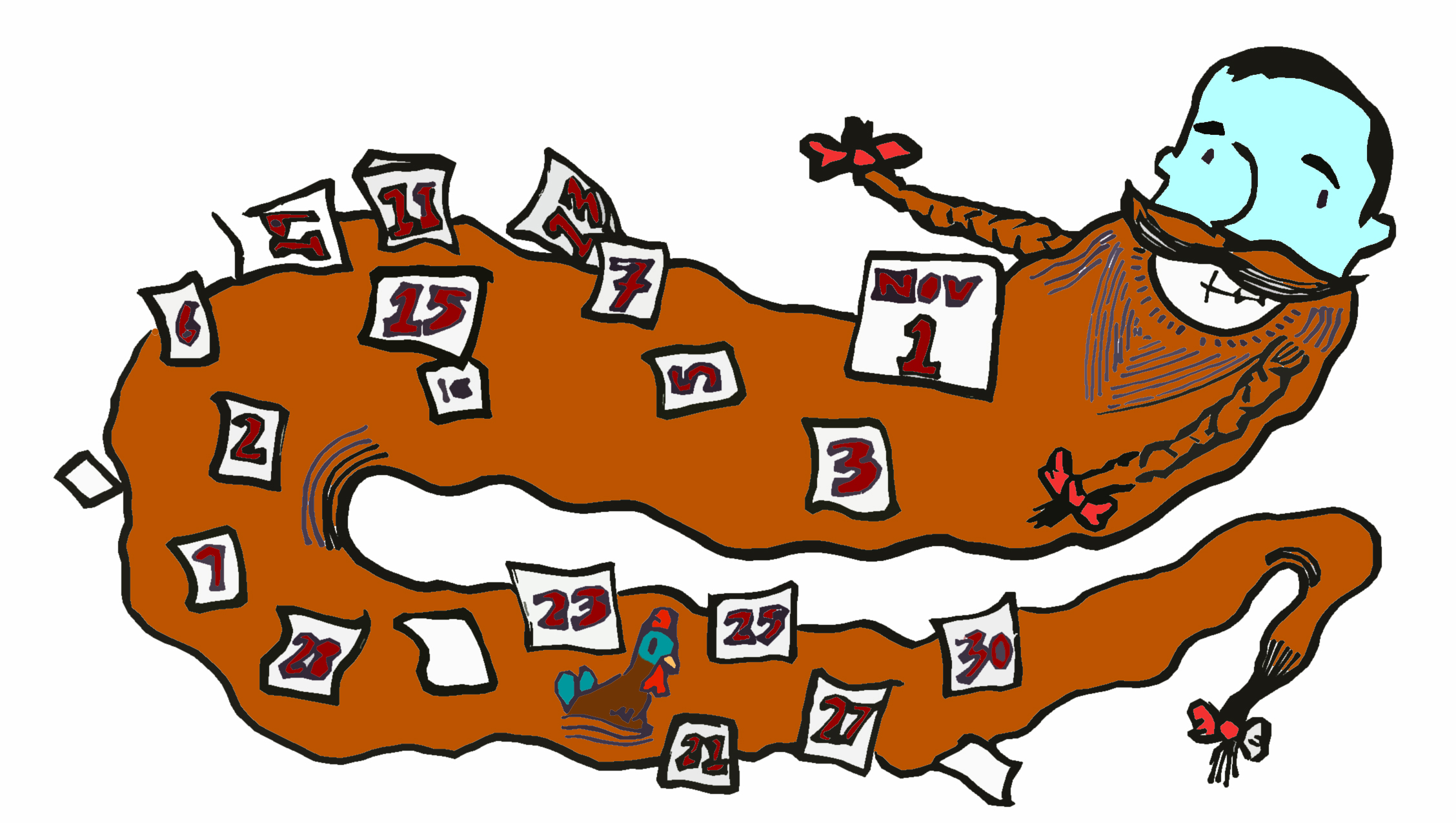By now, the phenomenon of “no-shave November” has become as important to this month as Thanksgiving. The clean-cut look preferred by many will soon be replaced with the rugged, scruffy look that has defined November.
Yet, with all the liberty men now feel entitled to, somewhere along the road the true meaning of “no-shave November” was lost ““ convoluted into becoming a month denouncing aesthetics instead of promoting awareness.
It is commonly accepted that “no-shave November” was initially started in order to promote awareness for testicular cancer, a goal the event is slowly losing sight of.
We are all informed of other types of cancer ““ leukemia and breast cancer taking the forefront of the crusade ““ but it seems that the general population, and more importantly the college one, has forgotten about testicular cancer altogether.
As the majority of male attention focuses on “no-shave November,” it must be used to further promote testicular cancer awareness at universities such as UCLA.
Testicular cancer is the most common form of cancer diagnosed in males between the ages of 15 and 34. It is approximated that nearly 8,000 men are diagnosed with the disease in the United States each year. If detected early, the survival rate of testicular cancer is nearly 100 percent. Yet out of the 8,000 diagnosed, about 400 will die a year ““ not due to the lack of resources, but due to the lack of awareness, said Dr. Karim Chamie, a urologist at Ronald Reagan UCLA Medical Center.
October is designated as breast cancer awareness month. Walks and fundraisers happen all across the nation in order to convince people to go for routine check-ups for early detection of the disease. The NFL, for the third consecutive year, has taken to wearing pink game gear for the entire month of October in order to help raise breast cancer awareness.
While breast cancer is given mass publicity and an entire month of awareness, testicular cancer is relegated to the background, which ultimately causes men to disregard symptoms of the disease.
Though many more people are affected by breast cancer than testicular cancer, the lack of awareness among the college crowd is frightening. The disease can easily be caught early by routine doctor visits and self tests, but if men are not given the proper education first, their susceptibility to the disease only increases.
And maybe it’s men’s fault for the lack of awareness. Whereas women are eager to promote awareness about breast cancer, for men, the idea of promoting testicular cancer ““ even for those who have been affected by it ““ only heightens the fear of de-masculinity.
For men who have gone through the ordeal, many feel the disease casts a social stigma on them, said Dr. Chamie.
Other diseases have often had the support of well-known personalities, but testicular cancer has often suffered in that aspect. As influential as Lance Armstrong may be, it takes more than one man’s preaching to convince the men of an entire country to become aware of the disease.
There is an easy fix to this problem: Simply promote awareness. Overexposure of a disease can never be regarded as bad. We must couple “no-shave November” with testicular cancer awareness. And those who have faced the disease should take it upon themselves to lead this awareness.
For men who do not plan on shaving this November, do so not to create a rebellion against grooming standards in society, but do so in order to let your fellow man know about testicular cancer, and how deadly it can be if ignored.
College campuses have all the possible resources needed to instill an awareness campaign for testicular cancer. UCLA itself has groups promoting breast cancer research, and events like Dance Marathon, which raises money for pediatric AIDS treatment. The Student Welfare Commission can employ steps to give testicular cancer the awareness other disease have already gained on campus.
According to Tamir Sholklapper, USAC’s student welfare commissioner, there have been events in the past that aimed to raise awareness about testicular cancer.
While they seem to have disappeared in the past year, the Student Welfare Commission is hoping to revive events such as Balls for Balls, a meatball eating contest that they collaborated with Phi Gamma Nu on to raise money for the Lance Armstrong Foundation. This is a step in the right direction.
Let us take November and turn it into man’s sacred month. “No-shave November” should not be some empty slogan; it should be the catalyst we use to promote awareness of testicular cancer and to link every man together through the beard of brotherhood.
Will you participate in no-shave November? Email Viswanathan at rviswanathan@media.ucla.edu. Send general comments to opinion@media.ucla.edu.
